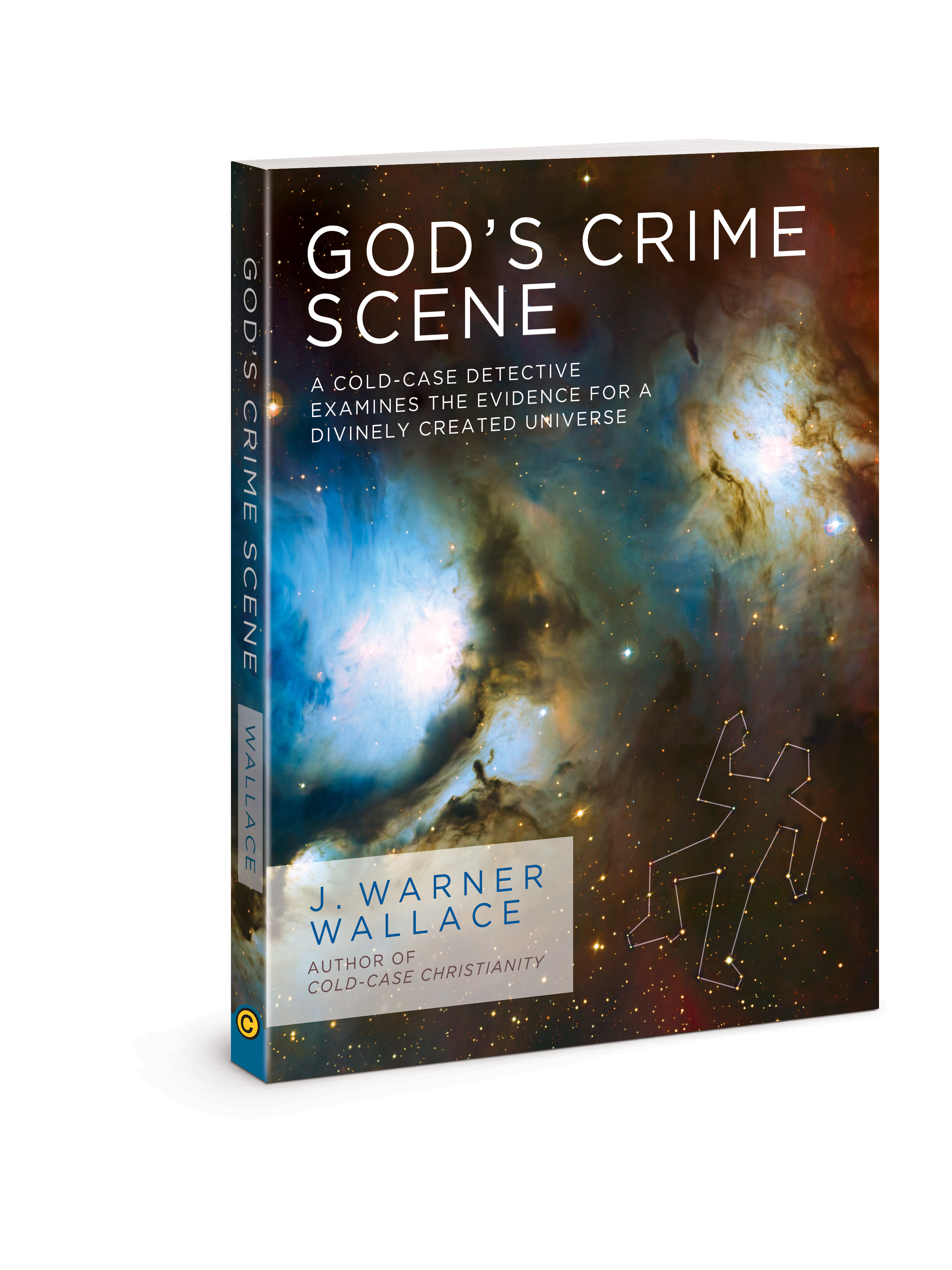
Souls Are Alive With God Immediately After the Death of the Body
See Luke 23:39-43 and Ecclesiastes 12:5-7
Even though Jesus and the thief on the cross experienced physical death, Jesus told the thief, “Today you will be with me in paradise.” The word used here for “paradise” is the Greek word, “paradeisos” and it is the same word that Paul uses to describe heaven in 2 Corinthians 12:2-4. The Bible clearly describes a disembodied life; the soul does not die when the body dies. Solomon also acknowledges this reality when he describes life beyond the grave. Solomon says that while people are still mourning our absence, we are on our way to the God that created us in the first place. We are not stationary. We are not lying in the grave. We are alive and moving.
Souls Are Functional Immediately After the Death of the Body
See Luke 16:19-31
In the famous passage describing the rich man and Lazarus, the dead are repeatedly described as performing actions that are characteristic of the living. But that’s not all; God tells the rich man it is at least hypothetically possible that the dead could “go” to the living. Once again, the dead are not dead. How can this be? It can only be possible if the physically dead are still immaterially alive.
Souls Are Available Immediately After the Death of the Body
See Matthew 17:1-3 and Matthew 22:31-32
At the Transfiguration, Jesus talks to Elijah and Moses. They obviously died long before Jesus was born, so how could this scene be true unless they exist truly as immortal souls, and not simply as physical bodies? Here once again we have another example of disembodied life after death, something that is ONLY possible if we exist as living immortal souls. In addition, Jesus later tells his followers, “But regarding the resurrection of the dead, have you not read that which was spoken to you by God, saying, ‘I am the God of Abraham, and the God of Isaac, and the God of Jacob’? He is not the God of the dead but of the living.” How can Jesus describe Abraham, Isaac and Jacob as “living” at the time of this statement? This only makes sense if Abraham, Isaac and Jacob are actually immortal souls that are alive after death (and prior to their physical resurrection in the future). If they are immortal souls, immaterial beings, then the passage begins to make sense.
Souls Are the Source of Life Immediately After the Death of the Body
See 1 Kings 17:19-23
The author of 1 Kings tells us that Elijah revived a widow’s son: “And the LORD heard the voice of Elijah, and the life of the child returned to him and he revived.” The “life” of the child is said to “return to him”. The word used here is “shuwb” (shoob) and it really means “to turn back”, as if to retreat. But to turn back from where? Where is the ‘life’ at when it is ‘returned’? To describe ‘life’ in this way is to say that after the body dies, the true life of the person exists beyond death and that God has the ability to return this ‘true’ life back to the body. This is consistent with the notion that ‘true’ life is actually found in the life of the soul, not the life of the body.
Notice that this case for the soul does not utilize passages that have been translated with the word “soul”. I’ve avoided those passages because the two words commonly translated as “soul” (“nephesh” in the Old Testament and “psuche” in the New Testament) can be translated into many different words, encompassing a number of divergent concepts. The passages I have used, instead, describe a disembodied life that survives the death of the body. This Biblical evidence indicates that we are living souls who exist, even when our bodies fail us. That should give us hope and certainty in the promises of God and an expectation of life beyond the grave.

For more information about the scientific and philosophical evidence pointing to a Divine Creator, please read God’s Crime Scene: A Cold-Case Detective Examines the Evidence for a Divinely Created Universe. This book employs a simple crime scene strategy to investigate eight pieces of evidence in the universe to determine the most reasonable explanation. The book is accompanied by an eight-session God’s Crime Scene DVD Set(and Participant’s Guide) to help individuals or small groups examine the evidence and make the case.
J. Warner Wallace is a Dateline featured Cold-Case Detective, Senior Fellow at the Colson Center for Christian Worldview, Adj. Professor of Christian Apologetics at Talbot School of Theology, Biola University, author of Cold-Case Christianity, God’s Crime Scene, and Forensic Faith, and creator of the Case Makers Academy for kids.
Subscribe to J. Warner’s Daily Email
Save
Save
Save
J. Warner Wallace is a Dateline featured cold-case homicide detective, popular national speaker and best-selling author. He continues to consult on cold-case investigations while serving as a Senior Fellow at the Colson Center for Christian Worldview. He is also an Adj. Professor of Christian Apologetics at Talbot School of Theology, Biola University, and a faculty member at Summit Ministries. He holds a BA in Design (from CSULB), an MA in Architecture (from UCLA), and an MA in Theological Studies (from Gateway Seminary).









































Pingback: The Armored Farmer » Blog Archive » Recommended Reads from February 2013
Pingback: mid-week apologetics booster (7-7-2016) – 1 Peter 4:12-16
Pingback: Midweek Apologetics Roundup - Stephen J. Bedard
Donald McKay
April 30, 2024 at 11:02 am
Correction:
Elijah did not die. Neither was he taken up in a fiery chariot (as many artists would have us believe), but in the subsequent “whirlwind / tornado / tempest, (2 Kings 2:11) depending on the translation.
Thank you for this very needed ministry to us, like training in being Bereans.
Thought to consider: What you call “the famous passage” about the rich man and Lazarus, I believe to be not the frequent “a parable” or “a story,” but an eyewitness report. In Scripture, there are a few instances of what the world calls “OBE” and this might be one of them. Jesus quoted both the rich man and Abraham, and He would have sinned if He was putting words in their mouths which they never said. We know that Jesus went to Hades in His Spirit after His crucifixion (Acts 2:31 & 1 Peter 3:18-4:6), and I think also during His earthly ministry when He visited Hades and visited Abraham. Evidence-based conjecture.